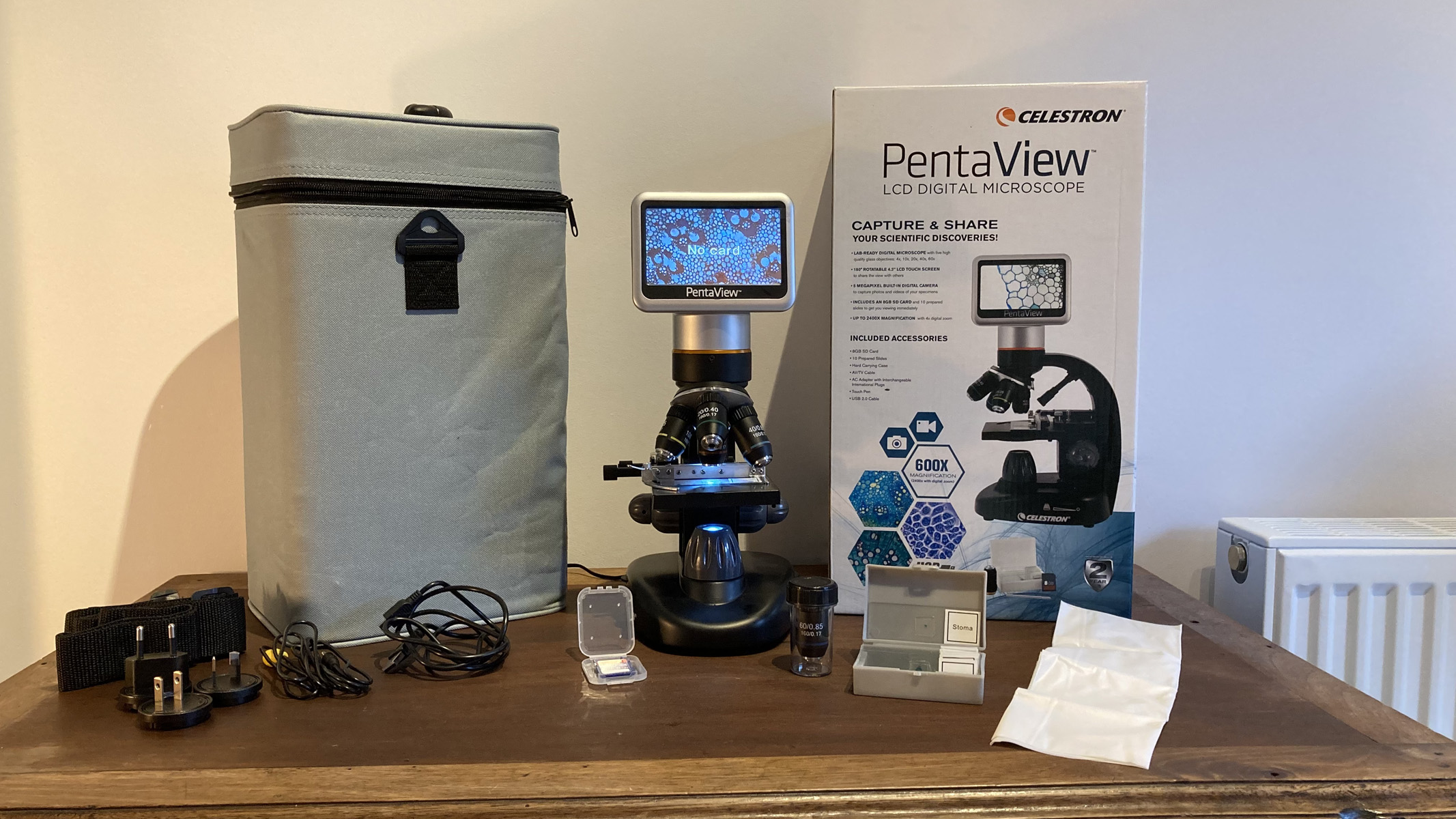Children, Vol. 11, Pages 1366: Infusion Reactions to Infliximab in Pediatric Patients with Inflammatory Bowel Disease
Children doi: 10.3390/children11111366
Authors: Rajmohan Dharmaraj Tess Pei Lemon Rasha Elmaoued Ricardo Orlando Castillo Razan Alkhouri
Infliximab (IFX) is a recombinant DNA-derived chimeric IgG monoclonal antibody protein that inhibits tumor necrosis factor alpha (TNF-α). IFX, like other agents derived from foreign proteins, can cause infusion reactions both during and after the infusion. The incidence of infusion reactions ranges between 0% and 15% in pediatric patients. The potential underlying mechanisms for these reactions may include anaphylaxis and anaphylactoid reactions, cytokine release syndrome, serum sickness-like reactions, and the development of antibodies against IFX. Several precautions can help reduce the risk of a new infusion reaction, such as a gradual increase in the infusion rate, scheduled infusions, and administering premedication or immunomodulators alongside IFX. Acute mild to moderate reactions often resolve spontaneously after a temporary cessation of the infusion or reduction in the infusion rate. Strategies like graded dose challenges and premedication can be utilized to prevent recurrence. In cases of severe reactions, desensitization or switching to an alternative biologic may be considered. This article aims to review the most recent guidelines for managing IFX-related infusion reactions in pediatric patients with inflammatory bowel disease (IBD), relying on the best available evidence.

 1 month ago
22
1 month ago
22


